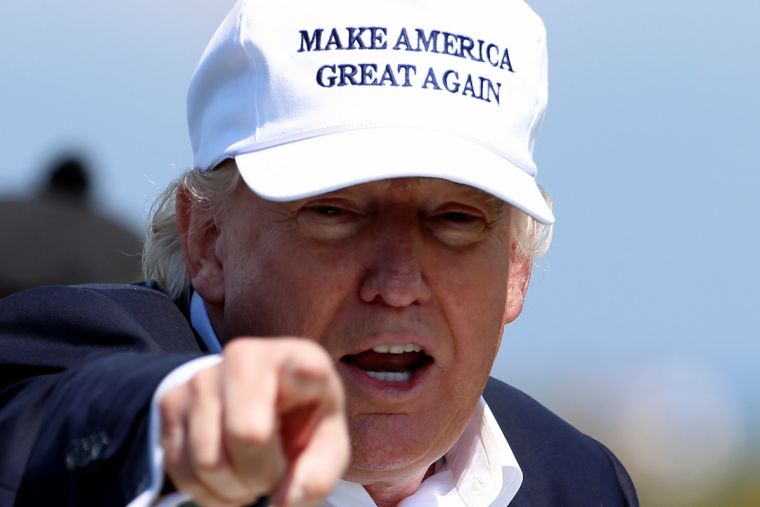Trump failing to secure white evangelical vote

Donald Trump is still battling to court the white evangelical vote, a new poll has revealed, as the presidential election campaign heads into its final few months.
The Republican presumptive nominee is failing to clean up among white evangelicals, unlike his former rival Ted Cruz, Gallup said on Monday.
A study found that among "highly religious" white, non-Hispanic Protestant Republicans, 66 per cent approved of Trump when polled between June 1 and 22.
This was an increase from the 57 per cent who said they approved between February and May.
Support for Trump rose to 73 per cent of those who identified as "moderately religious", and 65 per cent who had no religion at all.
The results reveal that the business tycoon is struggling to live up to Cruz' popularity among evangelicals. Cruz bowed out of the presidential race at the beginning of May, but had enjoyed 63 per cent support from the "highly religious" evangelical electorate.
"While he was still in the race, former candidate Ted Cruz's appeal was significantly higher among highly religious members of this group than among those who were less religious," Gallup said.
"In short, among Protestants -- once partisanship and race are taken into account -- religiosity doesn't appear to make much of a difference in views of Trump. This stands in contrast to this group's views of Cruz earlier this year, when he was still an active candidate for the GOP nomination. At that point, white Protestant Republicans who were highly religious were significantly more positive about Cruz than were those who were either moderately or not religious.
"Based on personality, history and other factors, it's not clear whether Trump will ever generate the type of differentially strong appeal among evangelicals as was the case for Cruz."
Though he may not have the same level of appeal as Cruz among evangelical Christians, Trump has still managed to gain significant support within the group.
He recently appointed an evangelical advisory board in an attempt to win over more voters, and in a meeting with evangelical leaders last week, promised them he was "so on your side" and questioned the veracity of his Democrat rival Hillary Clinton's faith.











